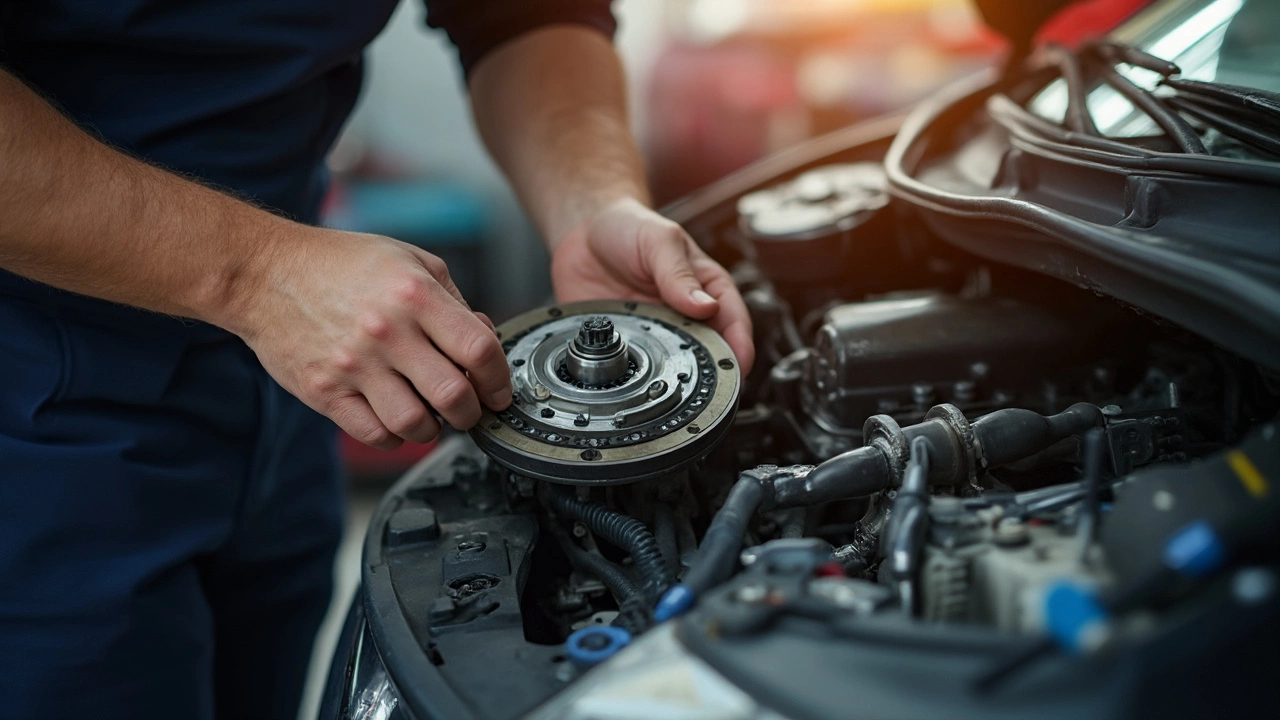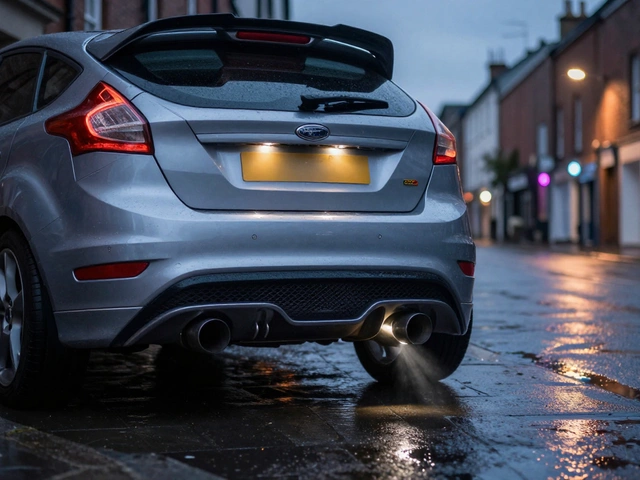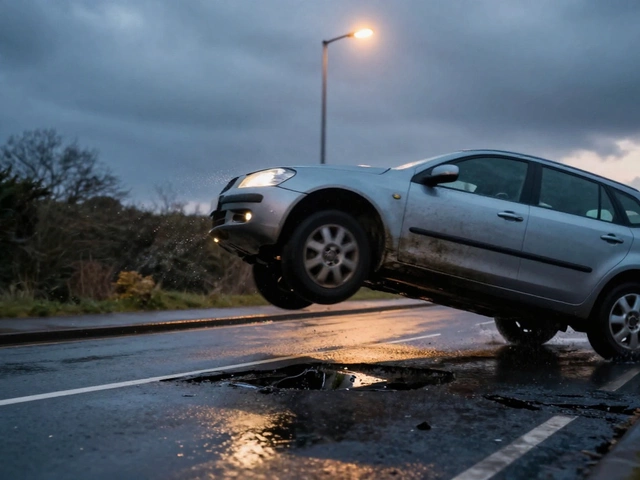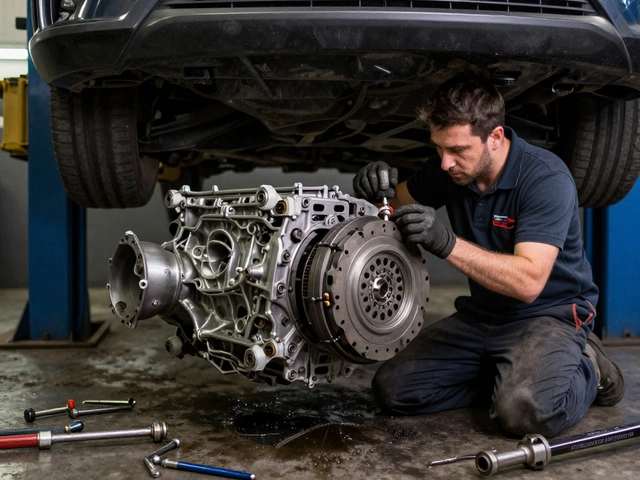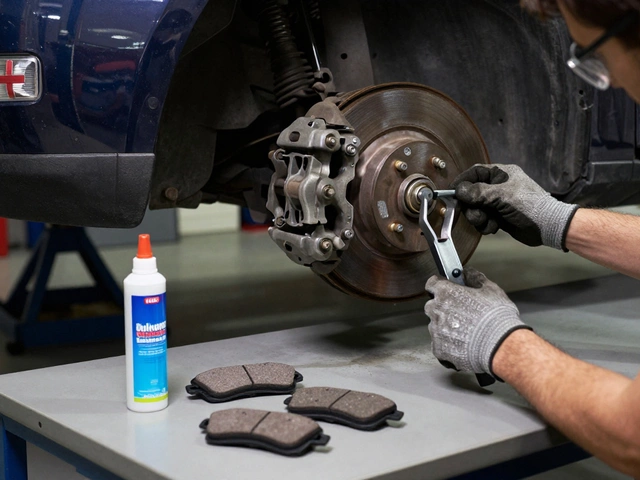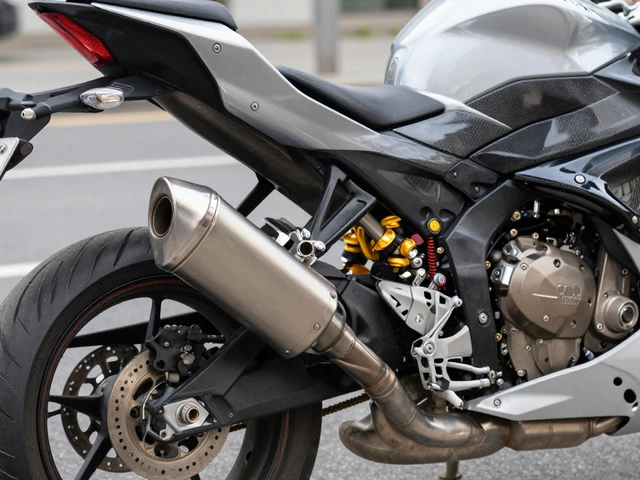Repair Expenses: What You Really Pay for Car Fixes in the UK
When your car starts making weird noises or warning lights pop up, repair expenses, the total cost of fixing mechanical problems in your vehicle. Also known as car repair costs, it’s not just about the parts—it’s about timing, diagnosis, and avoiding mistakes that turn a small bill into a big one. Most drivers don’t realize how much these expenses add up over time. A slipping clutch, a failing fuel pump, or a cracked radiator can sneak up on you, and by the time you notice, the damage—and the price tag—has already grown.
It’s not just about fixing what’s broken. brake rotor replacement, the process of swapping worn brake discs to restore stopping power can cost half as much if you catch rotor wear early. But wait too long, and you’ll need new calipers too. Same with fuel pump replacement, the job of installing a new pump to restore fuel flow to the engine. A bad fuel pump doesn’t always throw a code, and driving with one can wreck your injectors. Then there’s radiator replacement cost, the price to swap out your car’s cooling system component. A 20-year-old radiator might still work, but if it’s leaking or clogged, waiting only means overheating—and that’s when your engine starts dying.
These aren’t random fixes. They’re connected. Bad shocks wear out your tyres faster. Skipping oil changes turns clean oil into sludge that clogs your engine. A slipping clutch puts extra strain on your transmission. Every repair expense you avoid today adds up to a bigger one tomorrow. The key isn’t just knowing when to fix something—it’s knowing what happens if you don’t.
You’ll find real-world breakdowns below: how much brake rotors actually cost to replace, whether you need an empty tank to swap a fuel pump, why your radiator might be failing before you think, and how to spot a bad clutch before it leaves you stranded. No fluff. No theory. Just what you pay, what you risk, and what you can do yourself before calling a mechanic.
